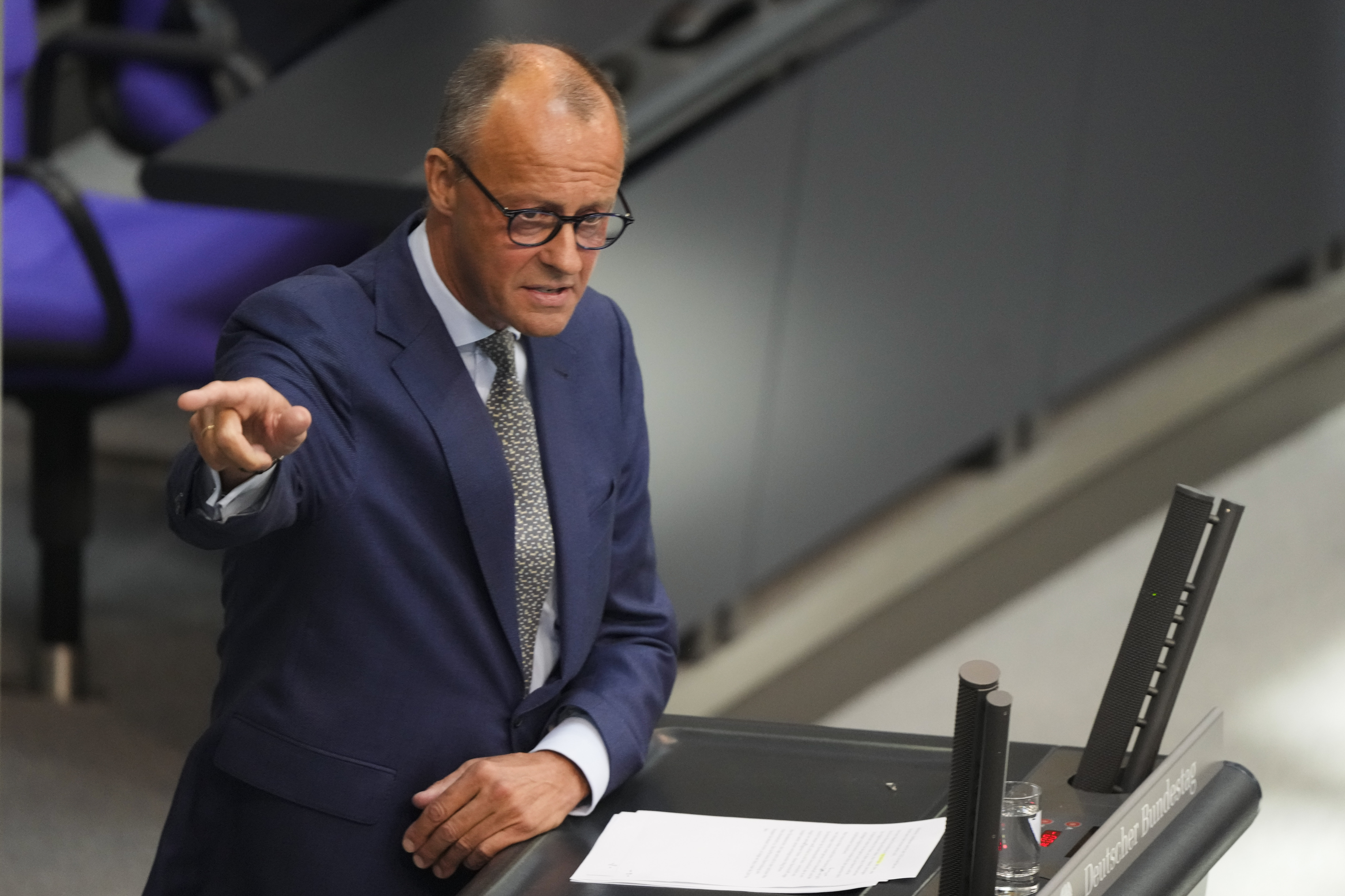A proposal to abolish the right to asylum for migrants making the trek into the European Union pushed this week by Thorsten Frei, the deputy chairman of the CDU/CSU parliamentary group in the Bundestag, has received the support of his party leader Friedrich Merz.
Writing in the Frankfurter Allgemeine Zeitung this week, Frei suggested that the best way to prevent further waves of mass immigration was to ban those entering the bloc without permission from applying for asylum; he also urged EU member states to commit to taking refugees directly from war-torn countries.
He argued that the bloc’s current asylum laws encourage a “survival of the fittest” attitude, which sees predominantly adult men capable of withstanding the perilous journey to Europe being rewarded with asylum, while vulnerable women and children are left back in their homelands without the help they need.
“Anyone who is too old, too weak, too poor or too ill has no chance. Women and children are often de facto excluded from our ‘humane’ rights,” the CDU politician wrote.
[pp id=86125]
Frei suggested that between 300,000 and 400,000 genuinely vulnerable refugees could be taken from source each year and distributed across EU member states.
His party leader, Friedrich Merz, who is also the official leader of the opposition in Germany, was asked to comment on Frei’s remarks during a retreat by the CSU state group to the Andechs monastery on Wednesday.
“This is an important and good contribution to solving a problem that we have been seeing for years and where there are currently no really good and convincing solutions,” Merz told journalists.
When asked whether he was aware of Frei’s proposal ahead of the publication of his Frankfurter Allgemeine Zeitung article, Merz replied: “Assume that when leading members of our parliamentary group publish articles in their names, I know about it beforehand.”
The proposal is at odds with the current plans being pushed by Brussels via its controversial New Pact on Migration and Asylum, which would continue to see migrants who reach European soil be able to apply for asylum. Member states will be obligated to accept their fair share of new arrivals and face financial penalties of up to €20,000 per migrant they refuse, much to the dismay of Poland and Hungary, as they voted against the plan.
[pp id=85358]
Should Frei’s proposal become official CDU/CSU policy ahead of the next federal election in Germany, to be held no later than October 2025, the party will set itself apart from both the current traffic light coalition strongly in favor of the EU migration pact and the anti-mass immigration Alternative for Germany (AfD) party, whose popularity is currently rising at considerable speed among the German electorate.
For voters concerned about the ongoing migration crisis and who feel they have no other alternative but to endorse the AfD, the CDU will hope Frei’s policy entices them to return to the CDU and propel the party back into government.






